
In this CME, learn how to design interventions to promote resilience, study their relative effectiveness, and implement them accordingly.

In this CME, learn how to design interventions to promote resilience, study their relative effectiveness, and implement them accordingly.
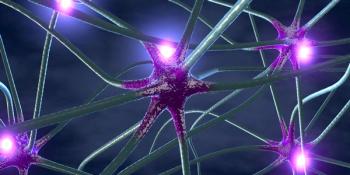
Available evidence indicates that there are a multitude of neuropsychiatric syndromes that occur after a stroke. Cognitive impairment occurs in approximately one-third of patients. These neuropsychiatric manifestations often impede the recovery of motor functioning, reduce social functioning, and decrease the overall quality of life.
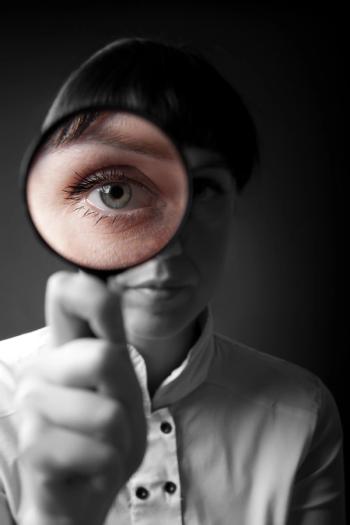
Impaired insight may result from major mental illnesses such as schizophrenia and other psychiatric conditions, notably major mood disorders with psychotic features that are associated with diminished awareness of illness. Earn CME Credit by learning more about psychological and cognitive insight.

Psilocybin may be useful for examining interactions between serotonin-dopamine systems and various psychiatric conditions, such as schizophrenia.

Earn CME Credit by learning more about multiple sclerosis and how it affects patients.
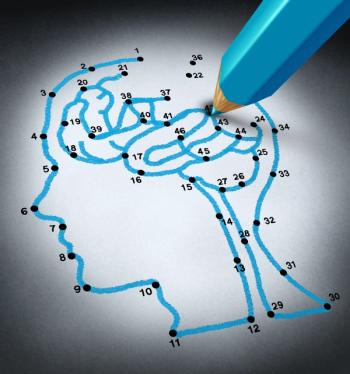
This CME describes current strategies and recent advances in treatment.

This CME article briefly outlines the role that microglia play in neuropsychiatric disorders.

Matters around child-bearing bring up emotions ranging from joy and elation to profound despair, anger, and resentment. Psychiatrists are trained to recognize such issues.
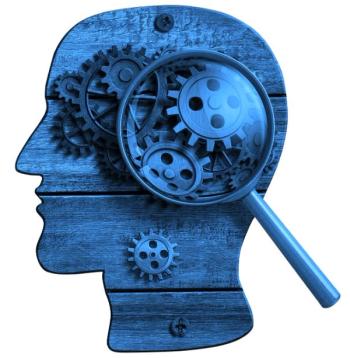
Key leaders experienced in real-world clinical practice share on a range of topics.

This CME will inform clinicians with unique and much-needed skill sets in diagnosing substance use disorders and managing co-occurring chronic pain.
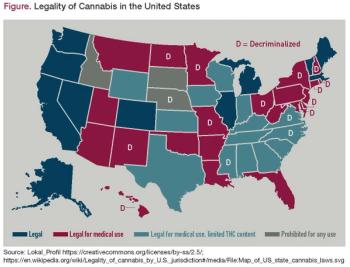
Given the significant variation in medical cannabis laws amongst states and the continually shifting legal landscape regarding its use, medical cannabis presents a unique challenge for medical professionals who consider recommending it to their patients

New and improved treatment options are surfacing, thanks to an improved understanding of psychoneuroendocrinology.
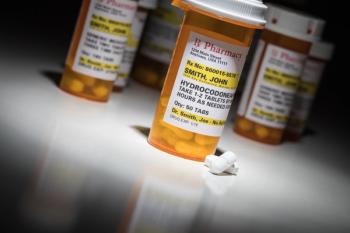
While there are risks for prescribing benzodiazepines and opioids concurrently, experts agree there are times when it may be an appropriate treatment decision.
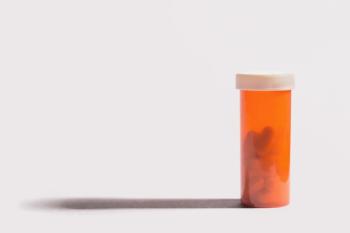
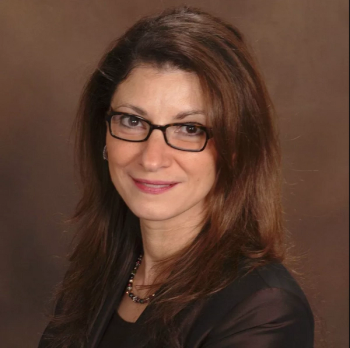
Clinicians have a limited repertoire when it comes to a dual approach to migraine and psychiatric treatment. Read more about Dr Moawad's presentation at the Annual Psychiatric Times® World CME Conference™.
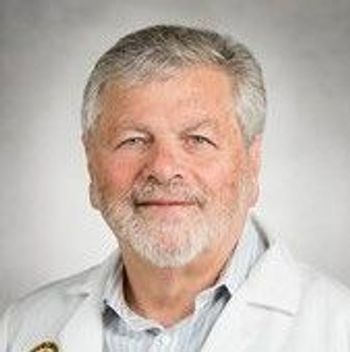
“The best indicator of the future is looking at the past,” Sidney Zisook, MD, told attendees of the Annual Psychiatric Times® World CME Conference™. Dr Zisook spoke to the future of psychiatry in the Educator of the Year Lecture.

Join Psychiatric Times’ Editor in Chief John J. Miller, MD, Psychiatric Times’ regular contributors and Editorial Board members, and other leaders in the field to explore the latest treatment strategies. The Annual Psychiatric Times World CME Conference is this week, October 15th – 17th. Reserve your space here.
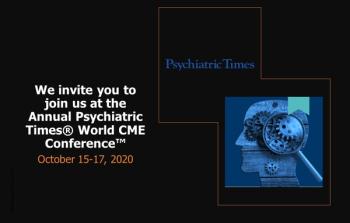
The Annual Psychiatric Times® World CME Conference™ is going to be packed full of informative, must-see sessions. Check out this preview of the week's agenda.
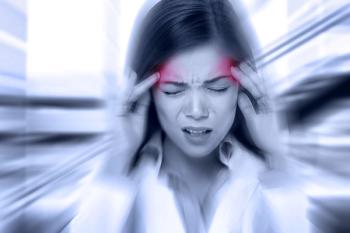
Enjoy this preview of Dr Moawad's talk for the upcoming CME Conference.
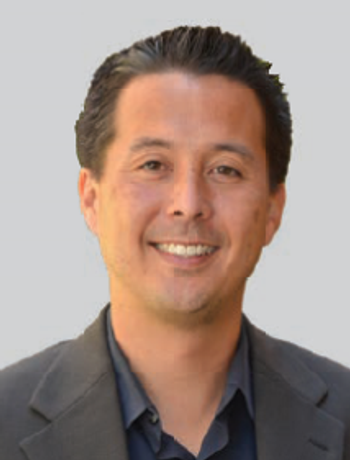
Malingering in clinical settings is usually motivated by an attempt to obtain care or social services (eg, hospital admission, medication, disability income) and often co-occurs with real mental illness, hence the dilemma.
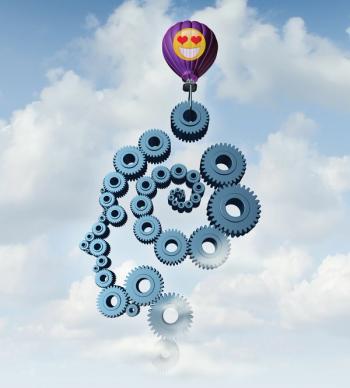
A synthetic derivate of the endogenous amino acid L-cysteine and a precursor of glutathion, N-Acetylcysteine shows promise for treating a variety of psychiatric disorders.

Childhood adversities can play a causal role in the development of psychosis and psycho-social interventions can be helpful.
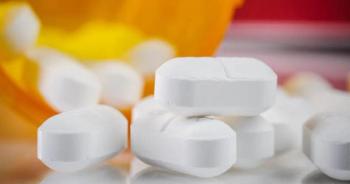
The complexity of addressing and avoiding drug interactions has become more challenging with the vast increase in the number of new medications.
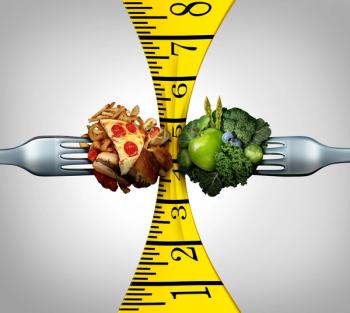
With increasing interest in pathologically healthful eating, there is considerable need for additional research and psychiatrists who can diagnose and treat orthorexia nervosa (ON).
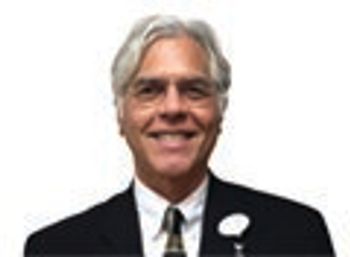
An addiction psychiatrist reviews benzodiazepines pharmacology and examines the risks and benefits of prescribing these medications.
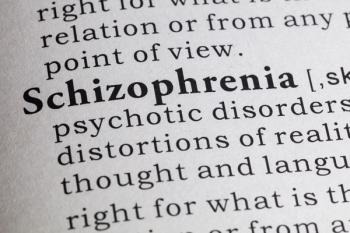
Patient nonadherence to long-term antipsychotic therapy presents clinicians with unique unmet needs but also opportunities for promoting the realistic benefits of consistent treatment.
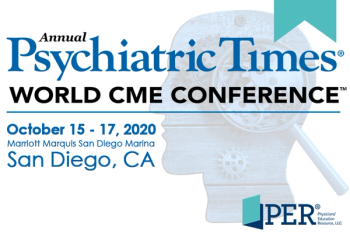
With the emergence of new therapeutic strategies and as the field of psychiatry continues to progress, it is important to keep up with the explosion of available treatments, starting with our upcoming 3-day CME meeting.

A cultural shift has occurred and intimate partner violence (IPV) is no longer defined as a family affair, but one that has lasting effects on the individual, the family, and the community.
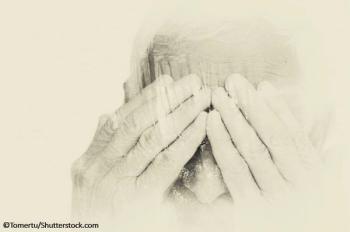
This CME activity provides an understanding of treatment resistant depression (TRD) in elderly patients.
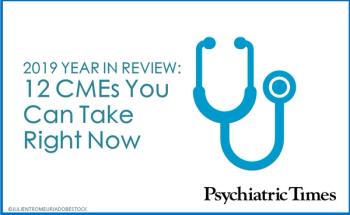
Our gift to you, this year's CME topics ranged from adult autism to ketamine, caffeine, TBI, and more. Credit is open to all health professionals.